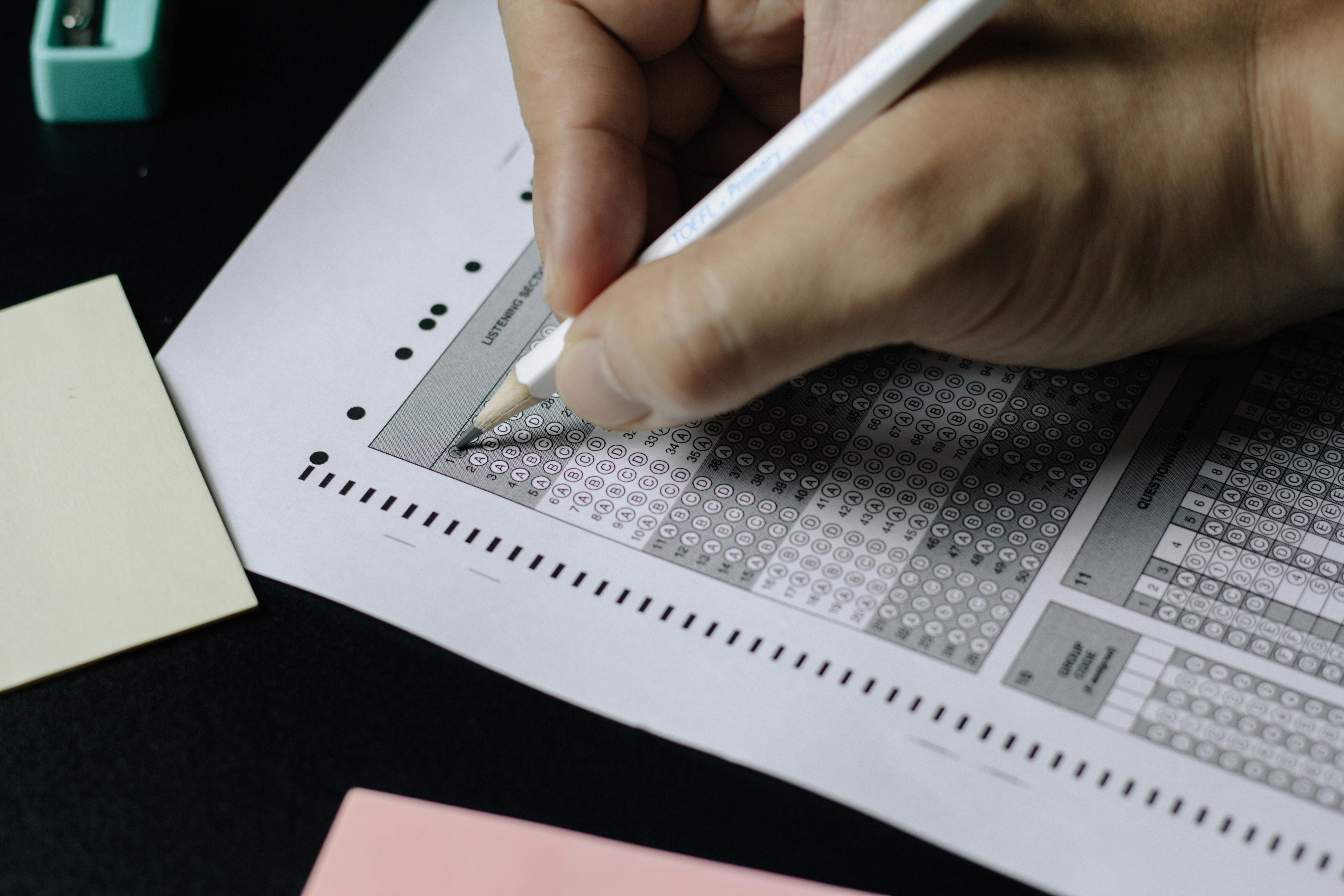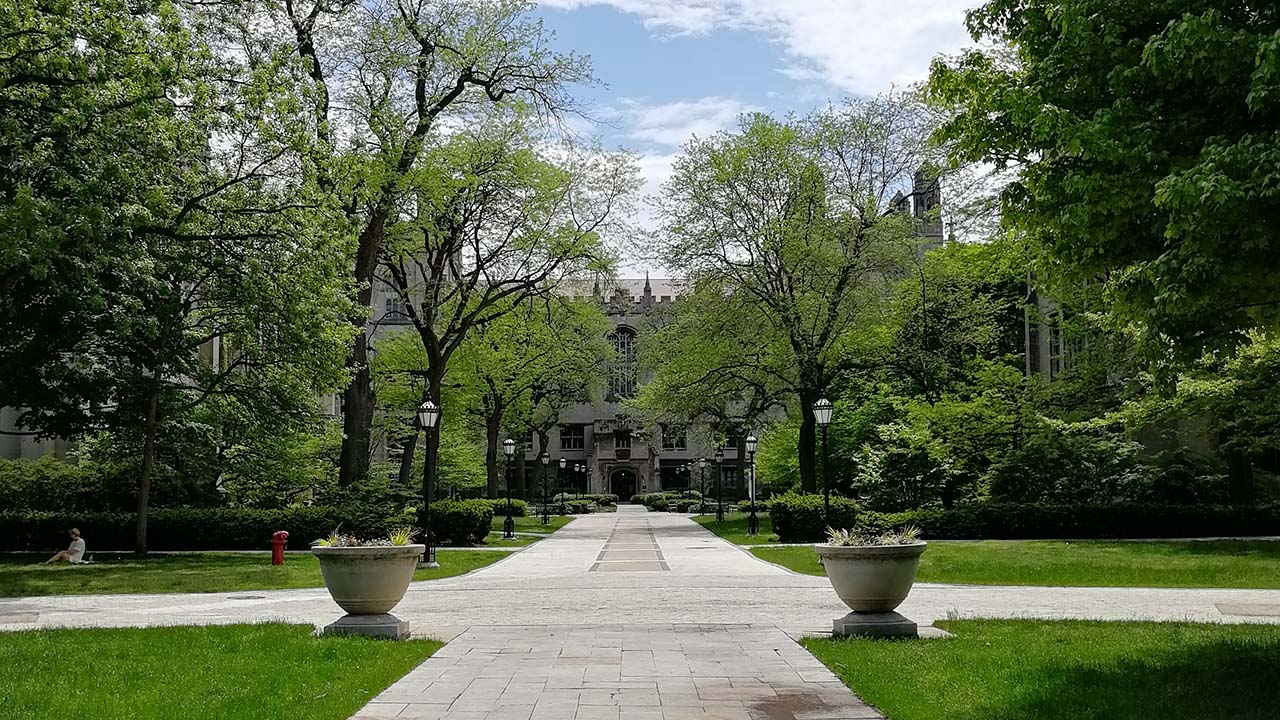By Grey Joyner at Elite Admission Consulting
The US Supreme Court ruling that universities cannot take race into account as a basis for granting admission is likely to have far-reaching implications for college admissions.
On July 29th, 2023, the US Supreme Court overturned affirmative action, or the process of granting admissions priority based on race. Historically, this policy has particularly benefited black, Latino and indigenous applicants, as schools seek to bring in diverse populations to their student body. Universities have generally been supportive of affirmative action, with Brown University stating, “We have consistently argued that the consideration of race as one of many factors in achieving a diverse student body enriches the educational experience for all” (Paxson, 2023).
The challenge to the law was brought originally against Harvard University and the University of North Carolina, the nation’s oldest private and public schools, respectively, by an organization representing a group of anonymous Asian American plaintiffs. The organization argued that affirmative action policies negatively impacted the chances of Asian applicants.
This legal challenge rose to the Supreme Court, where a 6-3 majority sided with the plaintiffs, effectively ending affirmative action in the US college admissions process.
In the wake of this decision, colleges have released statements affirming their commitment to diversity, including Harvard saying that they “reaffirm the fundamental principle that deep and transformative teaching, learning, and research depend upon a community comprising people of many backgrounds, perspectives, and lived experiences” (Harvard University, 2023). Yale University’s President, Peter Salovey, said, “I write today to reaffirm Yale’s unwavering commitment to creating and sustaining a diverse and inclusive community. … We will continue to foster diversity in its many dimensions and will use all lawful means to achieve it” (Salovey, 2023).
Universities have also indicated that they plan to review the ruling and potentially make changes to their admissions process. The University of North Carolina stated, “Our leadership team will need time to thoroughly review the details of this outcome and its potential impact before determining specifically how we will comply with this decision. In the coming weeks, we will communicate our plans with the campus community” (Guskiewicz, 2023). Many other universities have similarly indicated that they may make changes. While we do not yet know what these changes will be, there are a few potential modifications that we could see.
Colleges will find other ways to consider race
While colleges cannot ask for race in applications, the Supreme Court ruled that colleges can consider “an applicant’s discussion of how race affected his or her life” (Students for Fair Admissions v. Harvard, 2023). Essentially this means that applicants can mention race in their essays and short answers, and there will be strong incentive for black, Latino and indigenous applicants to do so.
Colleges may find other ways to ask about race or other forms of diversity in the application. Some colleges may consider adding a diversity statement to the application, such as a short answer question that asks applicants to discuss how diversity has played a role in their life. Questions like these are already common in academia job applications, and we could see them pop up in the college admissions process before too long.

Universities will look at other proxies for diversity
While colleges can no longer ask a student about his or her race in an application, there are many other markers of diversity that universities can still consider: gender, disability status, socioeconomic background, LGBTQ+ status, languages spoken, and many more.
Universities are likely to put more emphasis on these other proxies for diversity, and students will have more incentive than ever to discuss ways in which they can contribute to the diversity of the student body.
There will be pressure on universities to eliminate other forms of preferential treatment
Currently, there are other ways in which some applicants get preferential treatment in the admissions process: if a parent attended the university (also called ‘legacy’ applicants), if their family is a donor to the university, or if the applicant will play on an athletic team at the university.
In the wake of the recent Supreme Court ruling, President Biden asked the Department of Education to “analyze what practices help build more inclusive and diverse student bodies and what practices hold that back — practices like legacy admissions and other systems that expand privilege instead of opportunity” (The White House, 2023b).
So far, universities have been loath to eliminate these policies, particularly as they help generate donations. However, as pressure builds, colleges may have no choice but to reduce or eliminate these policies.
Colleges will look to expand financial aid
One other way to bring in more minorities, particularly those who come from low socioeconomic backgrounds, is to offer expanded financial aid. Universities will likely look to grow their financial aid offerings in the coming years. Some universities, like Duke University, have already done so proactively. Duke, which is located in North Carolina, recently announced that it would offer free tuition to any applicant from North Carolina or South Carolina whose family makes less than 150,000USD per year.
Different parts of the application will become more important
In order to better understand applicants and ensure they bring in a diverse incoming class, universities are likely to put additional weight on the personal essay and short answer questions in their applications.
Additionally, other more personal parts of the application, such as teacher recommendations, admissions interviews and alumni interviews, are likely to carry additional weight.
Parts of the application that tend to benefit the majority, such as standardized test scores and academic class rank, could be deprioritized. Some schools believe that standardized test scores negatively impact applicants whose first language is not English, applicants whose parents did not attend college, and applicants who cannot afford to pay for test-prep services. There has already been an increase in schools that are test-optional or test-blind, particularly since the covid pandemic hit, and we could see this number grow in the coming years.
Overall, the application process will become even more opaque
As is, the US college application process is complicated, with numerous facets from grades to recommendations to essays to interviews to standardized tests and more. As colleges attempt to better understand applicants in the wake of the banning of affirmative action, the application process is likely to get even more complicated. It will be a fluid situation, where changes come over time. Universities will trial different policies, and most likely, some will stick while others won’t. Only time will tell exactly how this Supreme Court ruling changes the admissions process.
Reference
Guskiewicz, K.M. (2023). A message from the Chancellor: Supreme Court decision | UNC-Chapel Hill. [online] The University of North Carolina at Chapel Hill. Available at: https://www.unc.edu/posts/2023/06/29/a-message-from-the-chancellor-supreme-court-decision/ [Accessed 3 Jul. 2023].
Harvard University (2023). Supreme Court Decision. [online] Harvard Admissions Lawsuit. Available at: https://www.harvard.edu/admissionscase/2023/06/29/supreme-court-decision/ [Accessed 3 Jul. 2023].
Paxson, C.H. (2023). Brown president responds to Supreme Court’s decision on affirmative action. [online] Brown University. Available at: https://www.brown.edu/news/2023-06-29/scotus-affirmative-action#:~:text=The%20Supreme%20Court [Accessed 3 Jul. 2023].
Salovey, P. (2023). Supreme Court Decisions Regarding Admissions in Higher Education. [online] Office of the President. Available at: https://president.yale.edu/president/statements/supreme-court-decisions-regarding-admissions-higher-education [Accessed 3 Jul. 2023].
Students for Fair Admissions v. Harvard, 600 U.S. 39 (2023).
The White House. (2023). Remarks by President Biden on the Supreme Court’s Decision on Affirmative Action. [online] Available at: https://www.whitehouse.gov/briefing-room/speeches-remarks/2023/06/29/remarks-by-president-biden-on-the-supreme-courts-decision-on-affirmative-action/.










